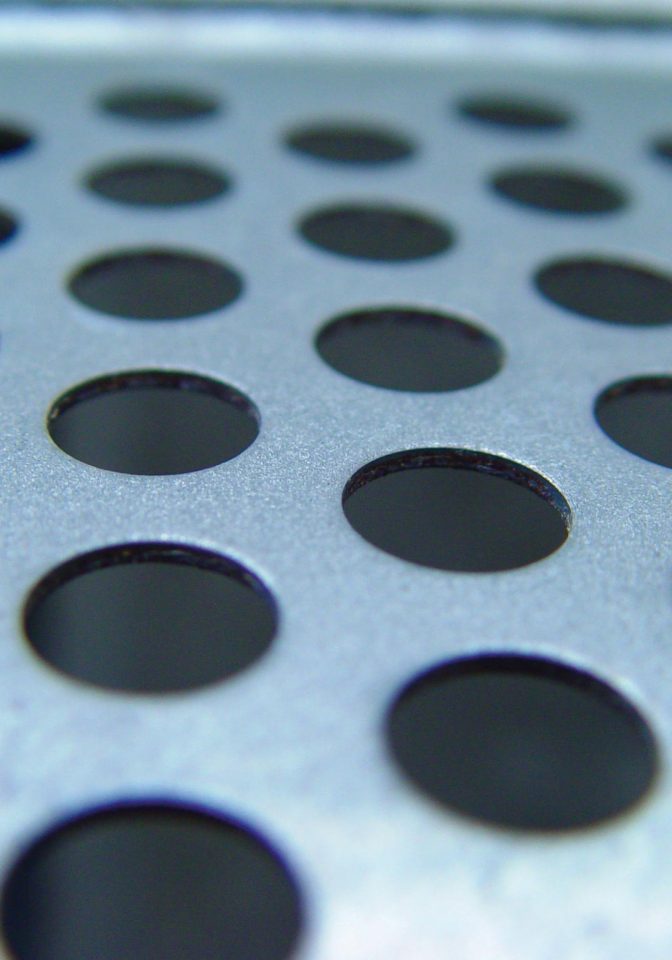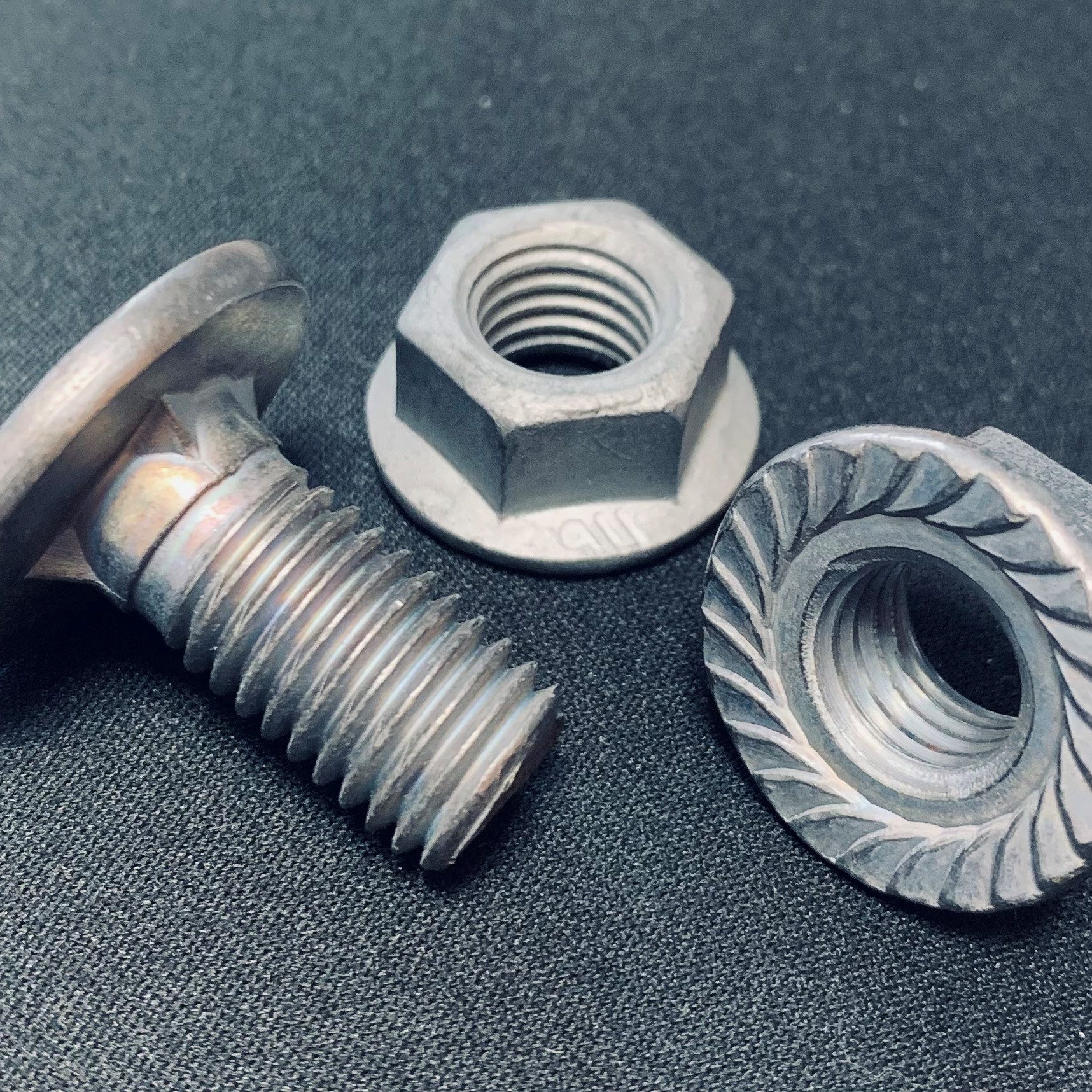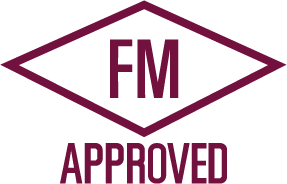
MAGNELIS ® COATING
Magnelis is a type of metallic coating developed by ArcelorMittal, one of the world's largest steel companies. This coating is mainly used to protect steel against corrosion and to provide increased durability. The key features of the Magnelis are as follows:
- Zinc-Aluminum Alloy: Magnelis consists of a zinc-aluminum alloy, which significantly improves its corrosion resistance compared to conventional zinc coatings.
- Longer Service Life: Thanks to its special composition, Magnelis offers an extended service life, making it suitable for applications in aggressive environments or severe climatic conditions.
- Edge Protection: This coating provides effective protection even on the cut edges of steel, where corrosion may be more likely to occur.
- Varied Applications: Magnelis is commonly used in a variety of applications, such as building construction, infrastructure, renewable energy systems, and other projects where corrosion protection is essential.
- Low Environmental Impact: ArcelorMittal emphasizes that Magnelis is an environmentally friendly option as it uses less zinc compared to other traditional coatings, which reduces environmental impact.
Magnelis coating has gained popularity in various industries due to its enhanced corrosion protection properties and versatility in a variety of applications.
Screws with Zn-Ni coating
Zinc and nickel coated screws offer several benefits due to the properties of these materials:
- Corrosion resistance: The zinc coating provides a protective layer that helps prevent rust and corrosion of the fasteners when exposed to adverse environmental conditions.
- Durability: Nickel, in addition to its contribution to corrosion resistance, adds an additional layer of durability. Screws with this coating tend to be more resistant to wear and abrasion.
- Aesthetics: The zinc-nickel coating can provide a more aesthetic and attractive finish compared to uncoated screws. This can be important in applications where appearance is a relevant factor.
- Ease of installation: Zinc-nickel coated screws often maintain their structural integrity during installation, making them easy to install without compromising the quality of the coating.
In short, zinc-nickel plated screws offer a perfect combination of corrosion resistance, durability and aesthetics.

Factory Mutual

Factory Mutual(FM Global) is an insurance company and loss engineering organization that specializes in providing risk engineering and insurance services, with a particular focus on industrial loss prevention and mitigation, including fire protection.
In the context of fire protection, Factory Mutual plays a crucial role in setting standards and certifications related to fire protection equipment and systems. Factory Mutual certification implies that a product or system has undergone rigorous testing and evaluation to ensure its effectiveness and reliability in fire prevention and control. Some of the key areas in which Factory Mutual is involved are:
- Fire Equipment Testing: Factory Mutual performs exhaustive tests on equipment such as automatic sprinkler systems, smoke detectors, extinguishing systems, among others, to evaluate their performance and ensure that they meet the required safety standards.
- Regulations and Standards: FM Global establishes regulations and standards that fire protection equipment and systems must meet in order to be certified, including the fire water storage tank. These regulations are designed to ensure safety and minimize the risk of loss in the event of fire.
- Risk Engineering: In addition to product certification, Factory Mutual offers risk engineering services to companies to help them identify and mitigate risks of loss from fire and other adverse events.
Factory Mutual certification is recognized and respected in the industry and is often a sought-after standard for fire protection products and systems, especially in industrial and commercial environments where fire safety is of paramount importance.
TANKEROS, S.L. has had FM approval for bolted steel pump suction tanks since May 2007 (Project ID: 3029795; Class: 4021; Date of Approval: May 10, 2007).
As well as for seismic design reservoirs in the world's most demanding zones (E Q Zone 50-yrs) as of March 2012 (Project ID: 3042704; Class 4020; Date of Approval: March 22, 2012).

